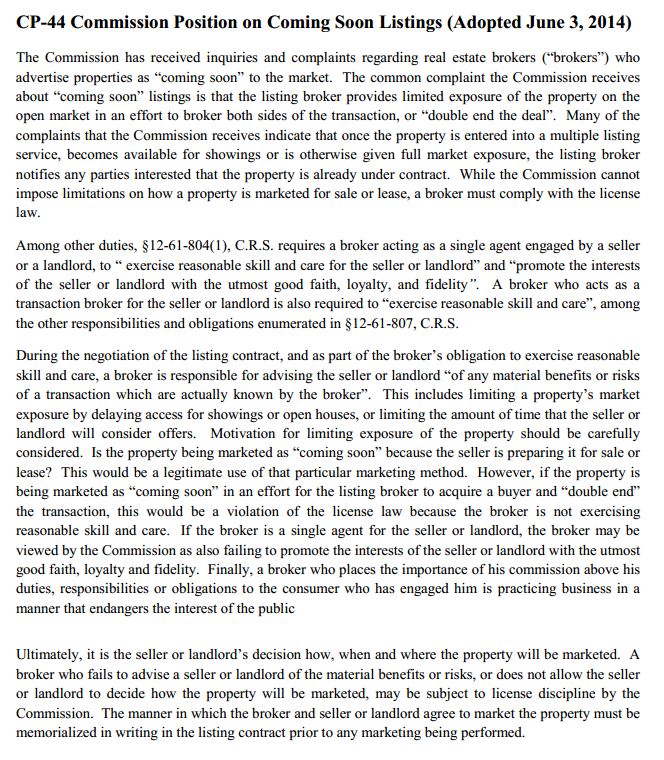When I talk with people about what my home is worth, people use a lot of different terms. What is the difference between an appraised value, listing price, market value, and assessed value of a house? And why is the assessor’s value of my house so different than actual sale prices I’ve seen in my neighborhood?

“Appraised Value” is a generic term, and refers to the appraiser’s opinion of value of a specific property for a particular assignment. But referring to “appraised value” doesn’t really tell us what kind of value the appraiser solved for. Even though you might think that there is only one “true” value for a property, you correctly pointed out there are actually a variety of types of values. Each written appraisal report identifies the specific type of value being used in that appraisal, based on what is appropriate for the purpose of the appraisal. For most appraisals, the definition of that type of value will be included in the appraisal report so that the user of the report understands what – specifically – the appraiser is solving for.
“Market Value” is the most common type of value opinion for lending appraisals, and basically refers to how much a typical buyer will pay a typical seller if the property is exposed to the open market for a typical length of time. The lender needs to know this value before lending for purchases, refinances, or home equity. Private parties, like attorneys, accountants, realtors, and homeowners, may order appraisals with this type of value conclusion as well. It’s the most common value type used in appraisals, and the most easily understood since it closely mirrors what most people associate with value: what would a person ordinarily pay for my home?
But in cases where an employer has agreed to sell a relocated-employee’s home, the appraiser may be asked to write a relocation company appraisal in which he or she develops an opinion of Anticipated Sales Price (as well as a List Price range which will result in such a sale price). The Anticipated Sales Price can be based on the property being marketed for a shorter-than-typical (or, restricted) length of time. For example, the relocation company may want to sell a property within two months, even though similar properties are typically taking nine months to sell. In this example, the Anticipated Sales Price opinion might be less than the Market Value (Market Value assumes a typical length of time on the market). This value type can be similar to Liquidation Value, which is used by lenders for properties they’ve foreclosed on (and now need to sell); sometimes it is referred to as a “quick-sale” value.
Yet another type of value is the “Assessed Value,” which homeowners typically review when property tax notices are mailed. To determine an Assessed Value, first the Assessor’s Office determines the Actual Value of a property (similar to Market Value), which is most always based on past – not recent – sales. Then, the Actual Value is multiplied by an assessment rate to arrive at the Assessed Value. If a homeowner hires an appraiser to write an appraisal to dispute a property’s value with the Assessor, it is usually an opinion of Market (or Actual) Value that the appraiser develops. Since the Assessed Value, per State law, is based on past sales, the value reported at the Assessor’s office or on property tax notices may be noticeably different than what a person would currently pay for your home. It doesn’t mean the Assessor is wrong – it just means they are using a different definition of value or date of value to develop an opinion of your home’s value.
There are other types and definitions of value, so if you’re ordering an appraisal yourself, always talk to the appraiser about the specifics of the appraisal process for your case.
SEE Related Article:
House Value: Valuing a House Based on Price Per Square Foot



